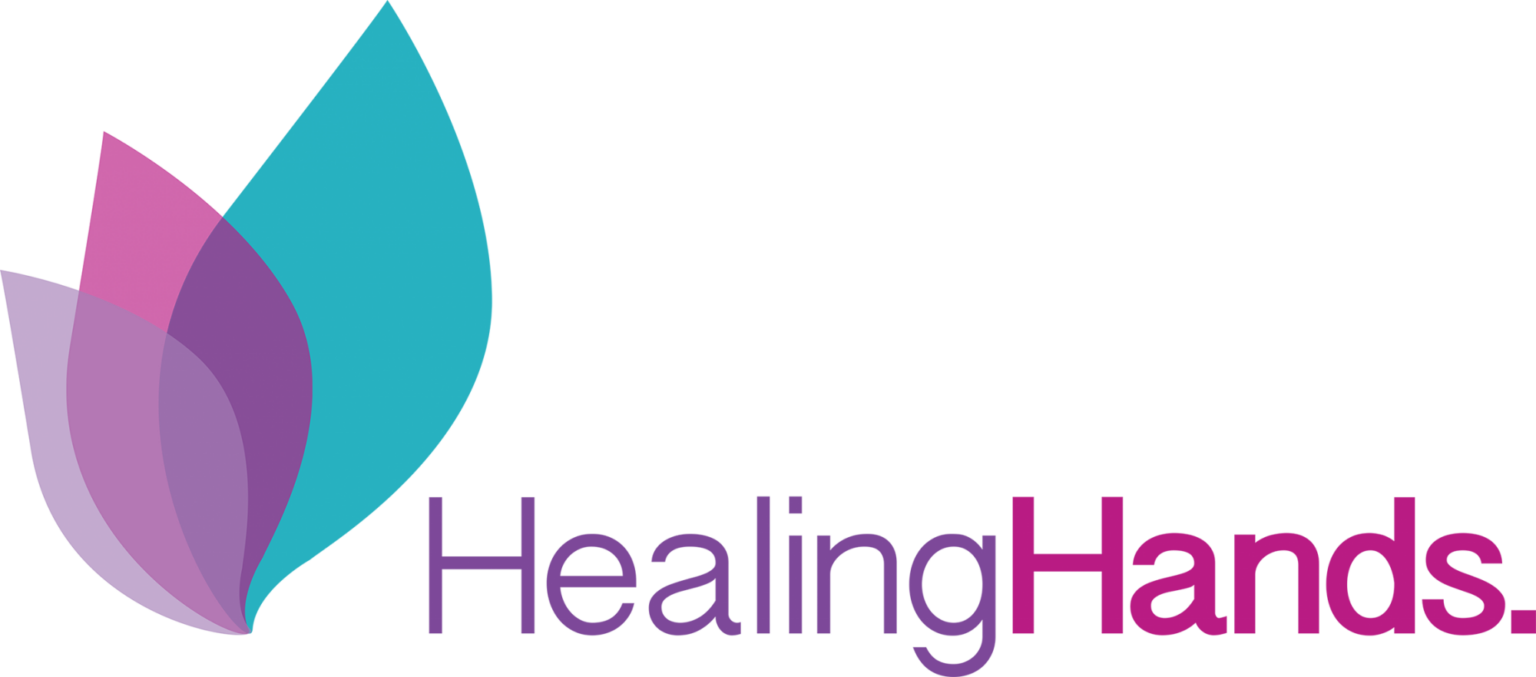
A careful assessment can yield clues to alcohol use disorders—and it’s essential to check for these disorders in all patients. American Addiction Centers (AAC) is a leading provider of treatment for alcohol misuse and AUD, with locations scattered across the United States. We offer a variety of , including detox, inpatient rehab, and outpatient care, evidence-based treatments, and customized treatment plans that are geared to your or your loved one’s unique needs.
Impact on your health
- Discharge planning must include referral for treatment of alcohol use disorder.
- Numbness and tingling sensations typically arise later (at least 24 hours after the last drink) and affect fingers, toes, forearms, and calves.
- About 29% of adults in the U.S. will meet the criteria for it at some point in their lifetime.
Chronic alcohol use can cause complex changes in their brain, including to the neurotransmitters dopamine and gamma-aminobutyric acid (GABA), which affect excitement and a person’s sense of reward. Behavioral health treatment for alcohol problems is often (but not always) covered by insurance. In the United States, most states have low-cost or free rehabilitation programs for those who are uninsured. Research shows people who have a supportive social network are more likely to remain alcohol-free after withdrawal. Those with a wider circle of support have a better chance of staying sober.

Alcohol use disorder
Remember you are facing a difficult challenge during alcohol withdrawal, but you are not alone. There are many resources available to help, including peer support groups, counseling, therapy, and inpatient rehabilitation. For people who experience hallucinations as part of alcohol withdrawal, these may begin in the 12- to 24-hour time frame. During the 12- to 24-hour time frame after the last drink, most people will begin to have noticeable symptoms.

Alcohol withdrawal syndrome
When the supply of signs and symptoms of alcohol dependence alcohol is suddenly stopped or decreased, withdrawal symptoms can develop. There is no exact timeline for alcohol withdrawal, and individual factors, such as the level of dependence on alcohol, will influence it. Alcohol withdrawal symptoms range from mild but annoying to severe and life-threatening. If you have alcohol use disorder and want help, a healthcare provider can guide you to resources and rehabilitation programs to help you quit.
- Find a supportive friend or family member to be with you while you withdraw and support your new non-drinking lifestyle.
- It’s a good idea to see your doctor first if you want to quit or stop drinking alcohol.
- They can also help you manage any symptoms of alcohol withdrawal you experience when you stop drinking.

Dependent drinking usually affects a person’s quality of life and relationships, but they may not always find it easy to see or accept this. If https://ecosoberhouse.com/ someone loses control over their drinking and has an excessive desire to drink, it’s known as dependent drinking (alcoholism). People who binge drink (drink heavily over a short period of time) are more likely to behave recklessly and are at greater risk of being in an accident. Resources, information and service linkage for people living with MND as well as tailored resources for supporting health professionals & services providers. Addiction, also known as dependence, is when someone finds it hard to stop doing something that makes them feel good. More recent studies have also indicated certain genetic, social, psychological, or environmental factors may also impact the body’s dependency on alcohol.

